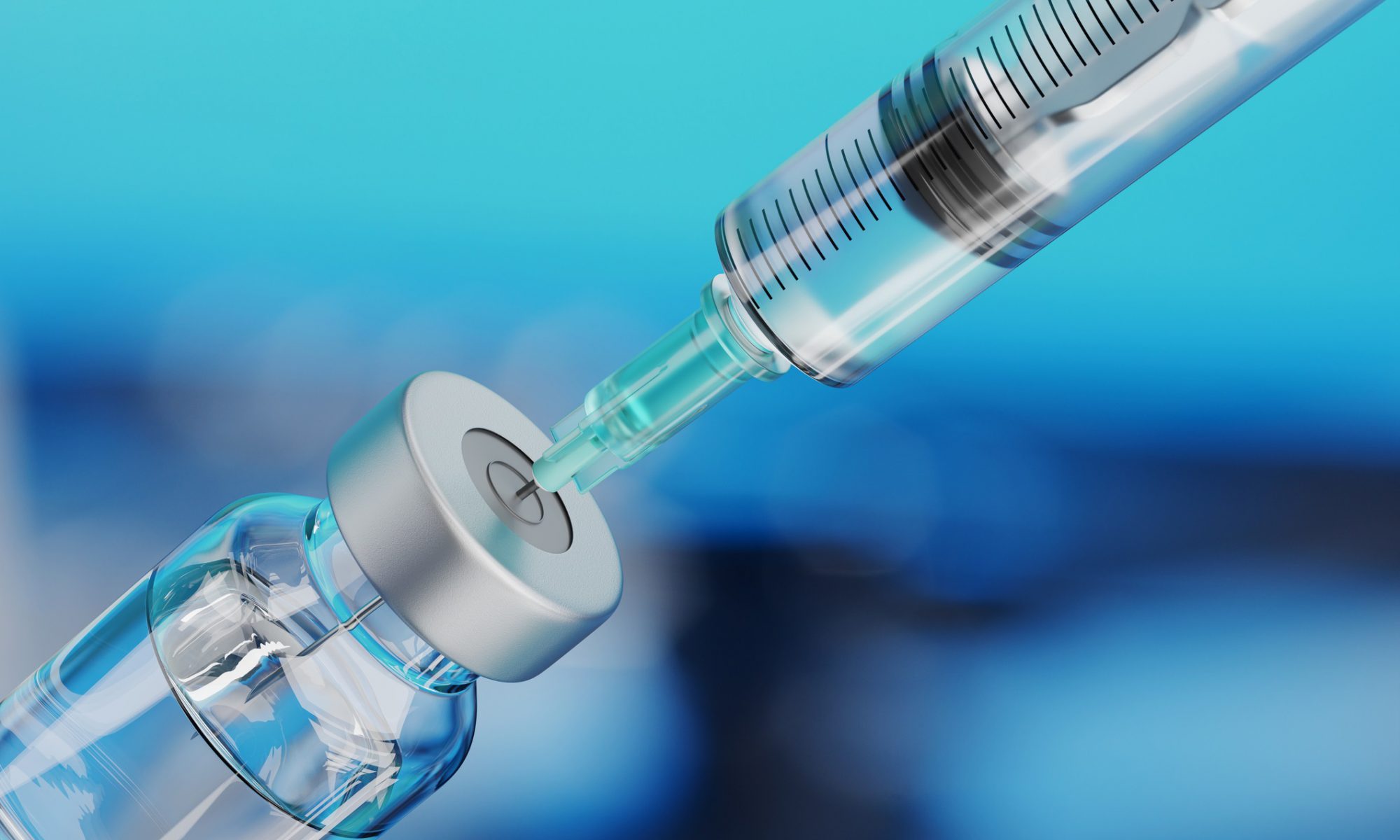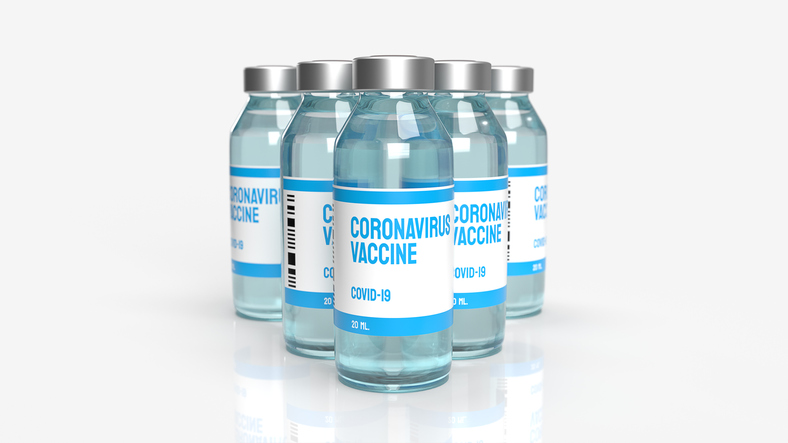Loading
“If you or a loved one is a UCSF transplant patient, you can find answers here to questions about the COVID-19 vaccines and how to otherwise minimize your risk of infection.
Should I get a fourth dose of the vaccine?
Yes. For immunosuppressed individuals, a series of three mRNA doses is now considered a “primary” series of vaccination against COVID-19. The CDC has approved a fourth dose, as a booster, that you can, and should, get six months after the third shot.
Does vaccination protect against the latest variant of the virus?
Existing vaccines likely do provide some immunity against omicron, the newest known variant of COVID-19, but boosters are important to maximize protection, according to a CDC statement issued when omicron was first detected in South Africa on Nov. 26, 2021. Omicron is now circulating in the United States and is variant has been labeled a “variant of concern” by the World Health Organization. It’s considered more contagious than earlier variants, though it’s not yet clear to what extent it poses risk of severe disease.”
Read more here.
Loading









